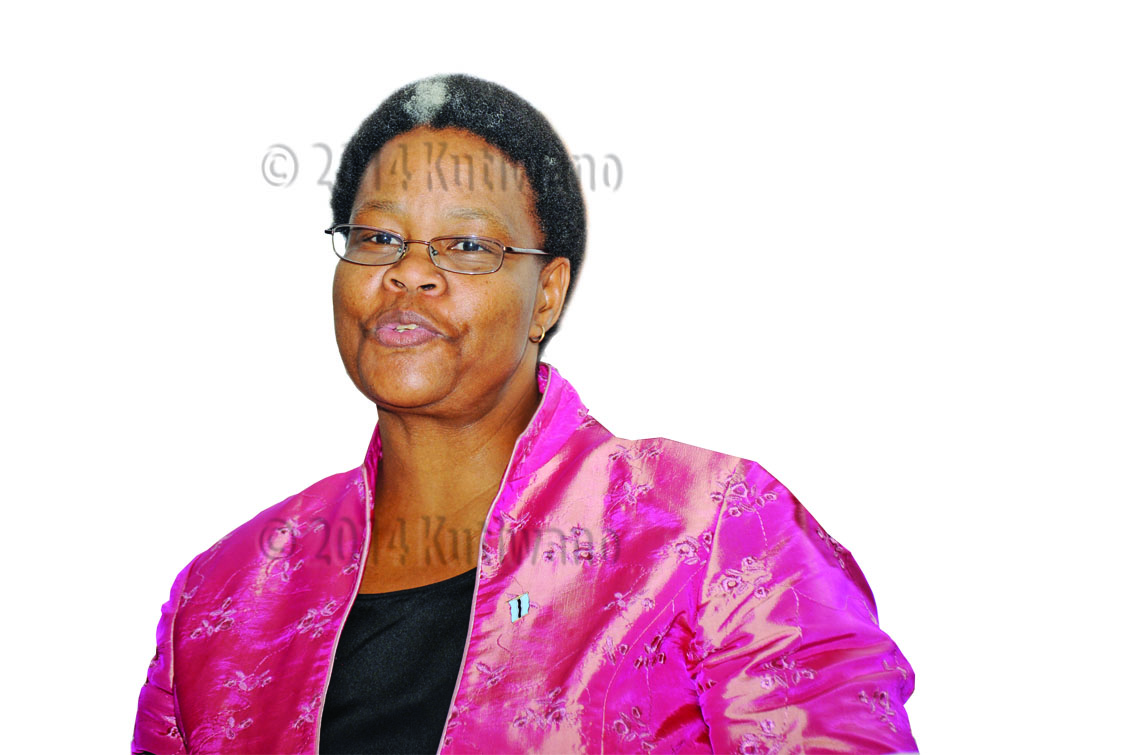AGOA… 14 years on
Source : KUTLWANO
Author : Sefhako Sefhako
Location : SEROWE
Event : Business feature
In 2000, the US market opened its doors to clothing and apparel imports from Africa though the African Growth Opportunity Act (AGOA). Fast forward to 2013, the number of Botswana companies benefiting from this initiative has dwindled from 11 to one, writes Sefhako Sefhako
When Botswana embraced this once in a lifetime opportunity, there was widespread optimism that finally local companies would be able to compete on an equal footing with multinationals on the international market.
Much was expected in the nation`s efforts to boost export trade and diversify its economy. Therefore, around eleven companies immediately entered the race to benefit from AGOA. While it is not easy to determine the contribution that AGOA has made to Botswana`s economy, the value of exports to the US for the period of 2001-2008 increased from $2.2 million to $16.6 million.
Fourteen years on, it seems Botswana has nothing to show. Regrettably, Botswana`s textile industry has been through a rough patch that ultimately affected exports to the US markets. There was a decline after 2008, because some companies closed down while others stopped exporting because of the economic recession.
Also, constant production challenges have not only scuppered Botswana`s efforts but a number of African countries as well to penetrate the US market.
Thus, notwithstanding the over 6 500 product lines eligible under AGOA, only one company in Botswana is currently benefiting under this act which expires in September 2015.
Minimal uptake of the AGOA programme does not bode well for Botswana, admits Permanent Secretary in the Ministry of Trade and Industry, Banny Molosiwa.
However, Molosiwa contends that AGOA immensely benefited companies that used it in that it contributed immensely to increased clothing and apparel exports to the US between 2001 and 2008.
Only Carapparel is currently exporting garments to the US. The biggest challenge for Botswana companies, reckons Molosiwa, is lack of raw materials given the country is a net importer of inputs. The high cost of transport and logistics in a landlocked country like Botswana, adds Molosiwa, are a hindrance to local companies exporting through AGOA.
“Local companies have to import raw materials from faraway places like Asia and Europe. They then have to incur additional costs of exporting the finished products to the USA. All of these escalate costs and end up disadvantaging companies,” she says.
Compounding the situation over the last few years were short-term extensions of the AGOA period given the resulting uncertainties that made it difficult for companies to plan accordingly.
Molosiwa also reckons many local companies have limited production capacities, making them uncompetitive because of inadequately diversified products. In addition, the US rules of origin are a challenge for most companies. The rules of origin are a set of laws, regulations, and administrative rulings that are applied by various governments to determine the origin of goods, services or investments.
“These rules can have significant bearing on the costs of a product in the import market and therefore its competitiveness,” explains Molosiwa.
Acting Botswana Exporter and Manufacturers Association (BEMA) director, Sthembile Tawengwa, believes stringent quality parameters have rendered Botswana companies fall out of AGOA. BEMA has a total of 114 members and Tawenga says only 75 export to regional and international markets. However, she says none of these companies export to the US or benefit from AGOA.
“Input costs are very high in Botswana when compared to other countries in the region which have incentivized production. As a result it is difficult to be competitive in pricing within the AGOA market. The Botswana company that is benefiting from AGOA does so owing to its presence in Asia as well, which makes it cheaper to source fabric and locate buyers, not because that it is doing anything different from local companies,” reckons Tawenga.
Another Botswana company that is benefiting from AGOA is a jewellery manufacturer of Asian origin which has set markets within AGOA.
Tawengwa believes AGOA is a good initiative that will encourage companies in Sub Saharan Africa to forge partnerships with their US counterparts. The only solution to the problem, she says, will be for Botswana to adopt production based incentives, capacity building incentives and lower import duties. There is also need for more assistance to the manufacturers. An imbedded strategy on AGOA markets would also be of assistance to the manufacturers,” she reckons.
B&M Garments, which used to benefit through AGOA, says the high operating costs it incurred could not cope with the competitive prices of American buyers demanded.
Its director, Krishna Chinniah says filling in AGOA customs documents is also a demanding job and the resulting delay in delivery led to cancellation of orders. He called for more government support so that their prices reach competitive levels. ENDS













